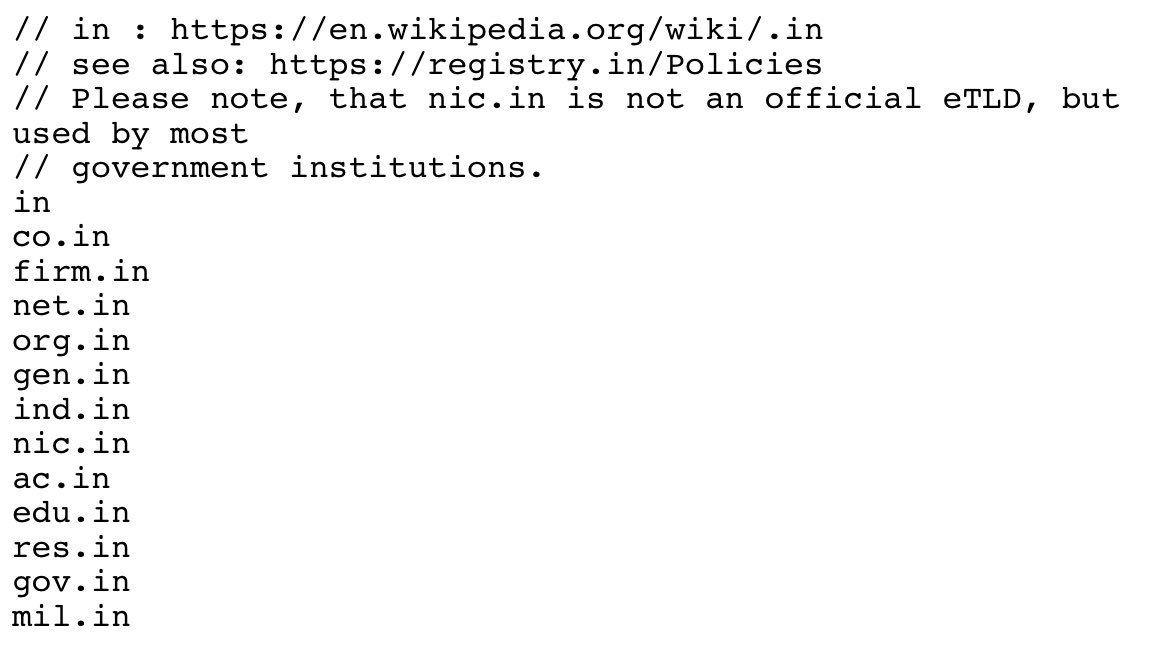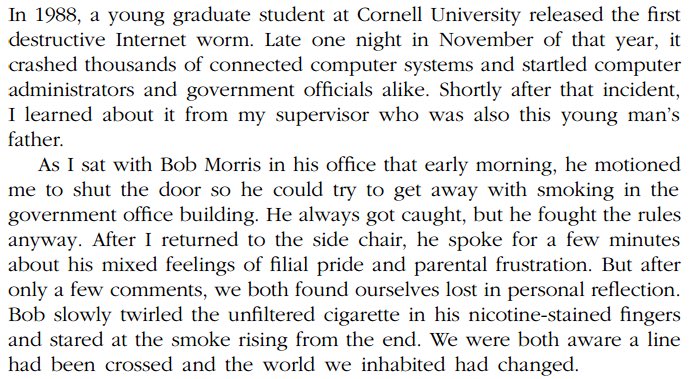
😱 Here's my perspective on the question of importance for TECHNICAL LEADERSHIP, as someone who works for a very large firm with direct outside hires, career advancement, and cross-department transfers, at all levels. Can be dynamic place. A sandbox for this very question. 🧵
First, the premise of the question about technical leadership is wrong. "Technical" is a __meaningless term__. There are many who'd argue I'm not "technical" enough because I can't reverse-engineer in assembly. Or the fact I specialize in Windows, despite my breadth of knowledge.
Anyone speaking about technical qualifications must clarify what that means to them, because it will be different to every person in the room. A project coordinator with experience in InfoSec concepts I might call technical, even if they can't administer the basics of a system.
First, let's address arguments why technical leadership is important. Someone who delegates technical knowledge to others is exclusively at the mercy of competing performative arguments from delegates, instead of speak individually and pressing each in their uncontested forums.
Recently I had a long conversation with my VP and CISO. The VP made an adoption goal for a certain technology. Although I was agnostic, I had no problem pressing multiple extremely aggressive killing blows in presence of their boss, because I was confident they could retort them.
In fact, they addressed every problem I brought up as carefully weighed choice - and I accepted their direction. To non-technical management, this would have been a humiliating experience without attendance of opposing subject matter experts. Instead, we made direction in minutes
This thread is incomplete but I don't feel like talking more I'll resume some other time. This thread by @csoandy is good
https://twitter.com/csoandy/status/1462594193826717701
• • •
Missing some Tweet in this thread? You can try to
force a refresh








